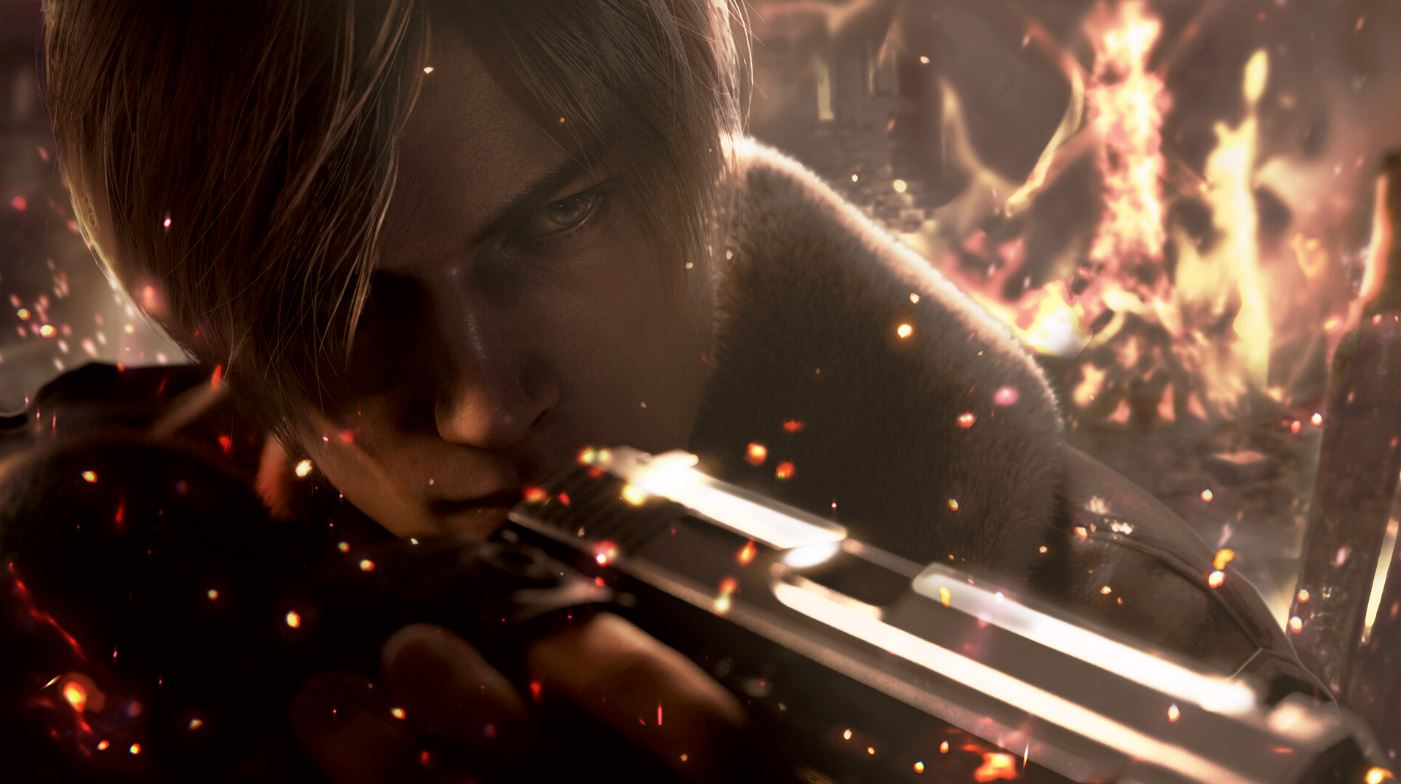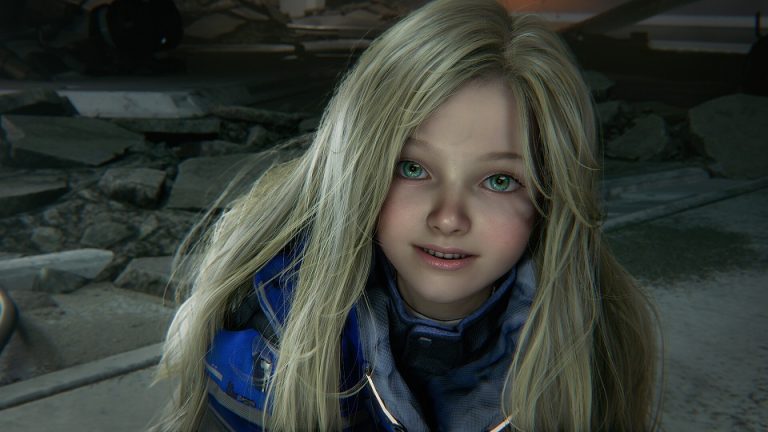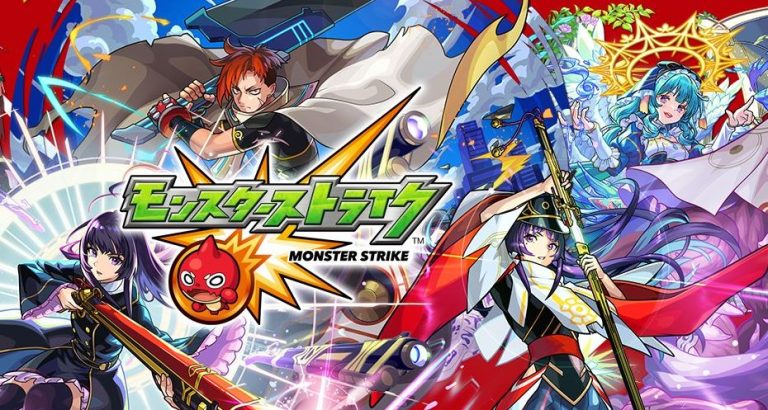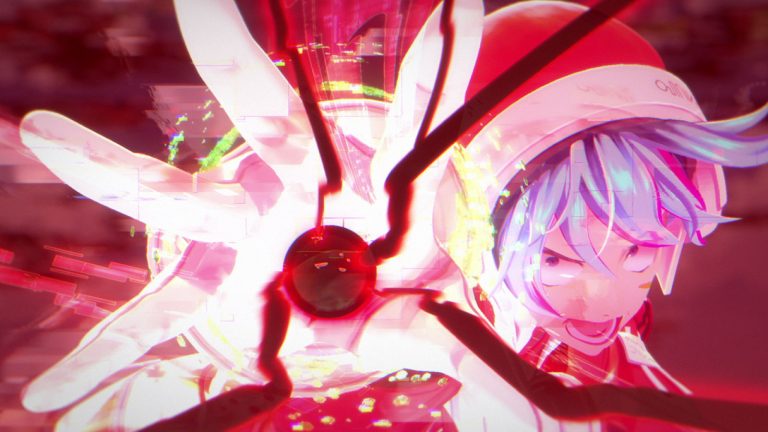Resident Evil and Street Fighter series developer Capcom is experimenting with introducing new technology, including generative AI, to tackle the ballooning costs and man-hours required for game development. In a recent interview with Google Cloud Japan, Kazuki Abe, a technical director at Capcom, gave some specific examples of what this involves. Based on his explanation, it doesn’t seem like Capcom is trying to use AI to generate anything directly related to gameplay, stories or character designs.
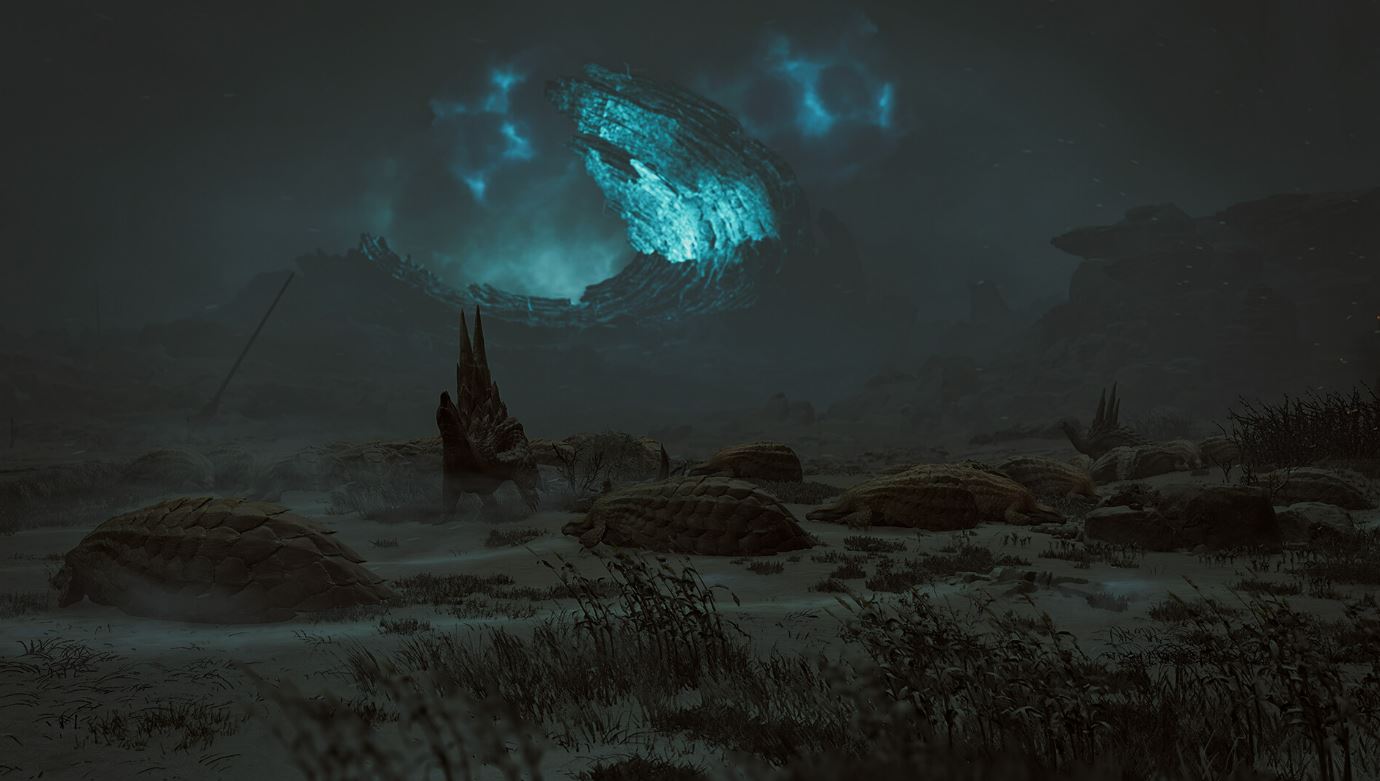
According to Abe, one of the most time-consuming and labor-intensive parts of game development is coming up with the “hundreds of thousands of unique ideas” needed to create the in-game environment. For example, if you want to put a TV inside of your game, you can’t just use an existing product as is – you need to think of a fictional TV design from scratch, including the manufacturer’s logo and everything else about the object.
And it’s not just TVs – there’s “thousands to tens of thousands” of these kinds of objects per game, and the developers need to come up with multiple proposals for each of them, Abe explains. Moreover, these proposals don’t just include text, but also illustrations needed to communicate the idea to the art director and artists. In other words – it’s a huge amount of work.

Abe says he saw a way to make this process more efficient by introducing generative AI to help generate the necessary mountain of ideas. As a result, he developed a system that uses generative AI models like Gemini Pro, Gemini Flash, and Imagen. The system is fed text, images and tables about the game being developed, which it uses to not only generate ideas, but also evaluate their quality against predetermined criteria, automatically refining outputs.
According to Abe, the Gemini AI models are able to deliver high-quality results in seconds, which is “an essential advantage in the fast-paced gaming industry.” Although it’s still a prototype, his system has apparently received glowing feedback from Capcom’s development teams.
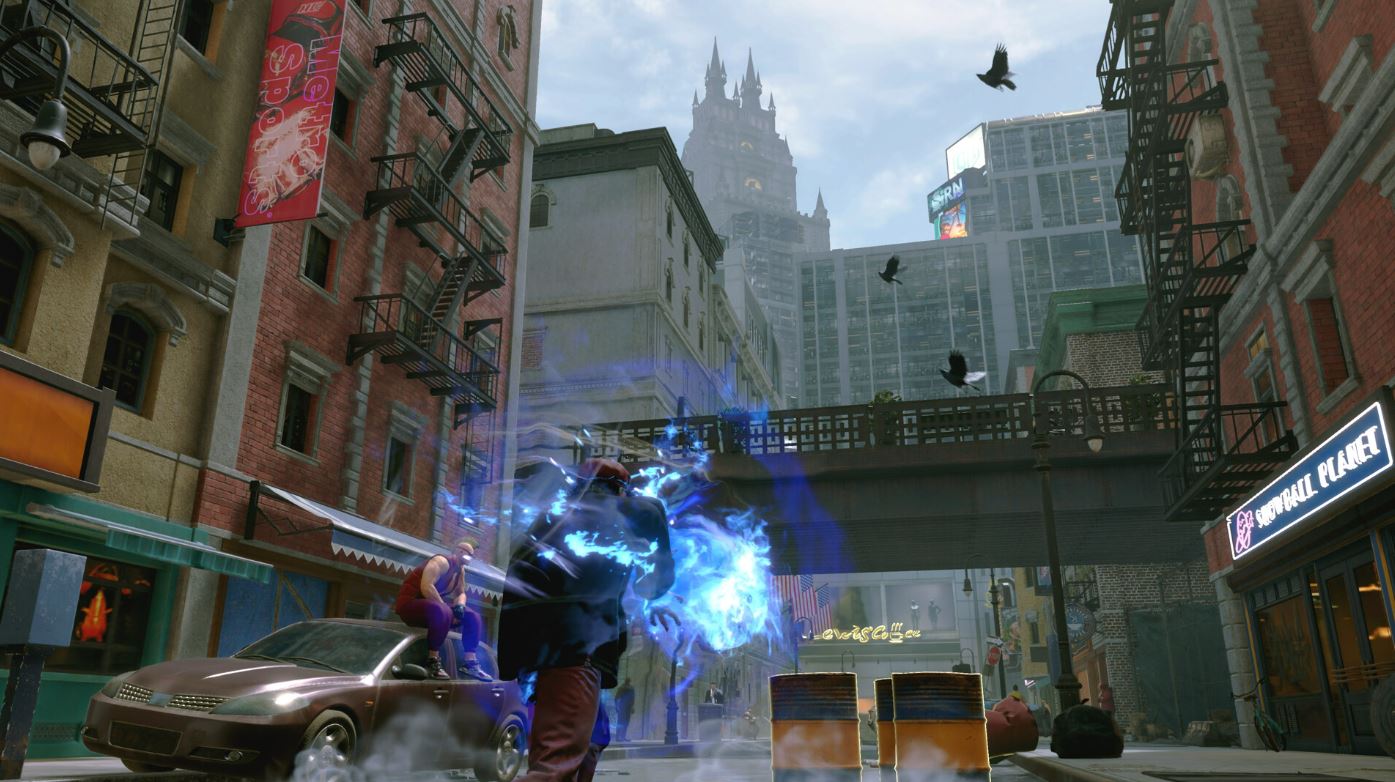
Going forward, Capcom plans to enhance this system, making it accessible to external partners and refining interfaces for easier use. Abe emphasized that with generative AI slashing costs, the extra leeway gained will fuel higher-quality game development, benefiting both creators and players.

